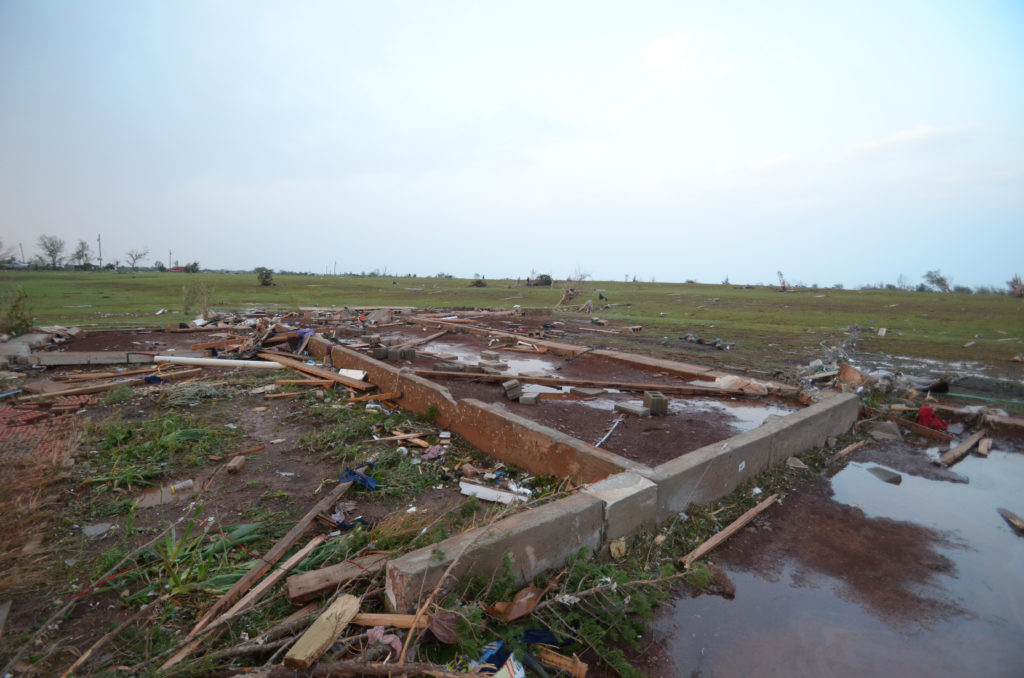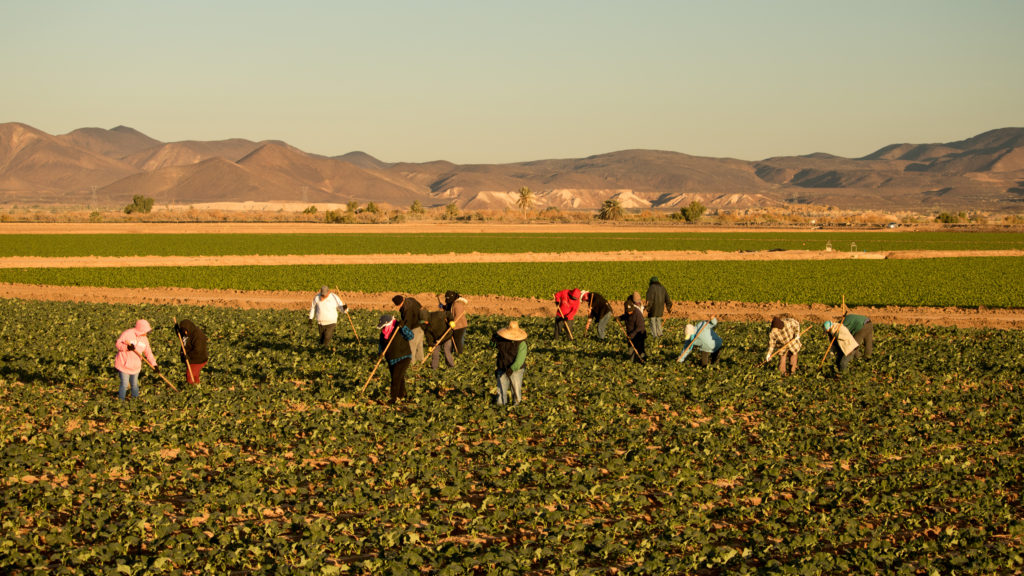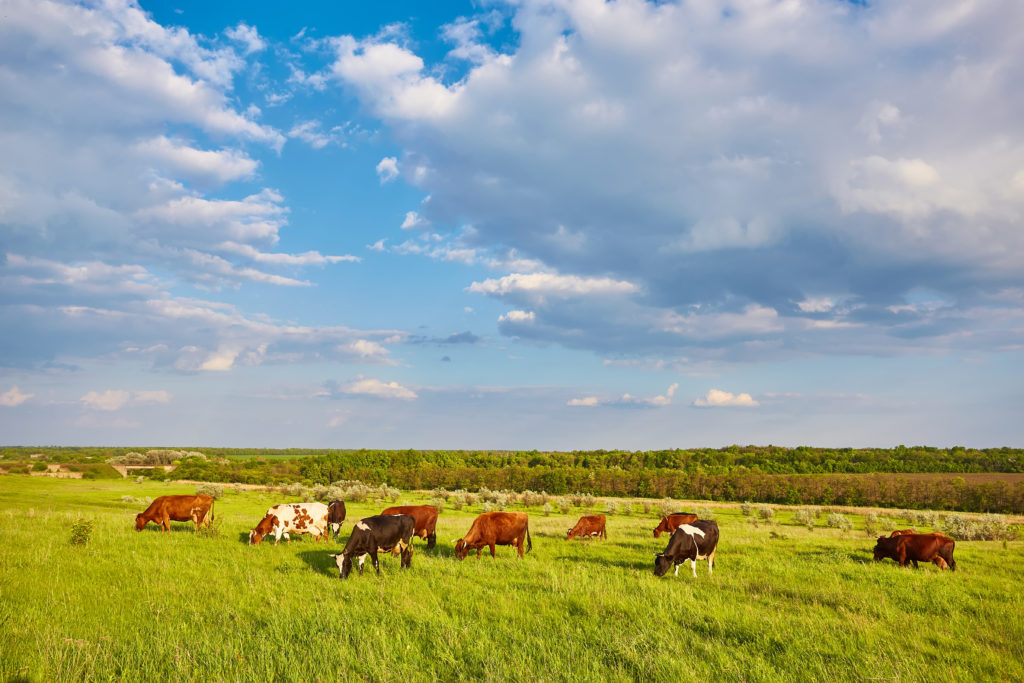The widespread and disastrous impacts of climate change are already here, wreaking havoc on our urban and rural communities and farmers. Most disaster policy is recovery focused but there are many ways state legislators can support their constituents in preparing for and recovering from extreme weather events. Here are some policy trends in addressing climate-driven disasters.
Federal Aid & Heirs’ Property Law

As many as 35% of FEMA aid applications have been denied in a predominantly Black rural community after a tornado tore through earlier this year. The reason: the families can’t show clear ownership of their land. Heirs’ property, a remanent of slavery, sees land passed down through generations outside of a legal process, such as with a will or through probate court. South Carolina has introduced a resolution to create a committee to study the impact of heirs’ property and potential solutions. Louisiana will also study the impacts of heirs’ property on people residing on land passed down generationally outside of the legal system. An overview of Heir’s property laws and legal toolkit can be found here.
Food & Farm Workers

Food and farm workers have long been on the front lines of disasters. From COVID-19 to climate events, farm workers often lack protections and rights to survive disasters. At the federal level, the Asuncion Valdivia Heat Illness and Fatality Prevention Act of 2021 directs the office of Occupational Safety and Health Administration (OSHA) to create standards to prevent farm worker heat-related illness and injury. States including Oregon and Washington are creating emergency provisions for farmworkers after being battered by a record breaking extreme heat wave in the Pacific Northwest. In Oregon, a farm worker died last month after working in the extreme heat. See the extreme conditions such as heat and wildfire smoke that many farm workers face regularly on United Farm Workers of America’s twitter.
Soil Health & Grazing

Protecting soil health and practicing managed grazing can help protect land during wildfire season and helps to mitigate climate disaster. With funding from the USDA, South Dakota has enacted grazing exchange mapping tools to match land with grazing animals as per recommendations of the South Dakota Soil Health Coalition. In a recent bill, California is encouraging state land managers to extend grazing leases to farmers in part to mitigate wildfire with a preference given to resource limited and socially disadvantaged farmers. Many states have passed soil health bills this past session. Read more about it here. Find regularly updated information about the extreme drought season gripping the U.S. here.

